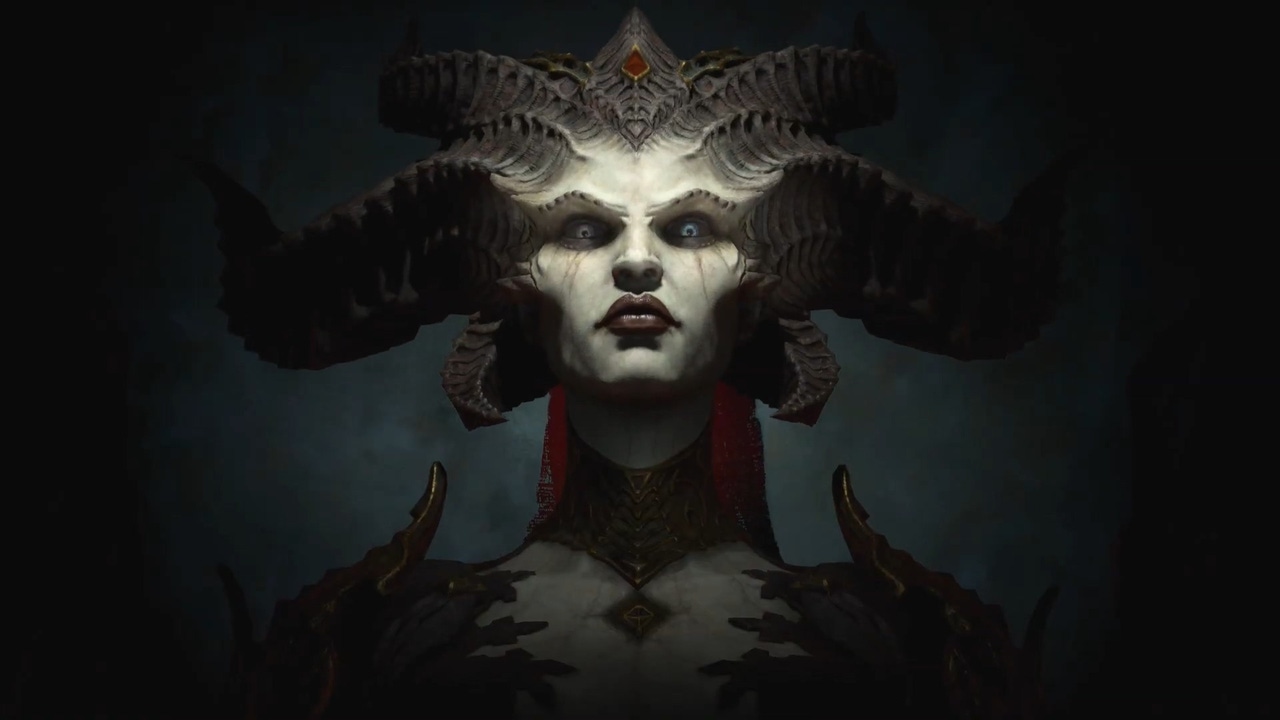Trending
Opinion: How will Project 2025 impact game developers?
The Heritage Foundation's manifesto for the possible next administration could do great harm to many, including large portions of the game development community.
It was Call of Duty: Modern Warfare II that drove Activision Blizzard's first quarter success, and it's Diablo IV for the second quarter.

The month-long success of Diablo IV has resulted in "a record quarter for Blizzard [Entertainment], with over $1 billion in net bookings for the first time," according to Activision Blizzard CEO Bobby Kotick.
In the publisher's quarterly earnings for 2023's second quarter, Kotick touted the ongoing success of the action-RPG. Not only was it reportedly Blizzard's "fastest-selling title to date," the game was largely responsible for the studio's revenue growing by 160 percent, and has had "strong' retention.
Diablo IV also resulted in growing engagement for the Diablo Immortal mobile game, as its net bookings grew to their highest since the start of the year.
Outside of that game, Activision Blizzard's overall revenue for the period (which ended on June 30, 2023) came to $2.21 billion, up by nearly 35 percent compared to the $1.64 billion from the similar period in 2022. Overall bookings were $2.46 billion (double last year's $1.64 billion).
For Activision specifically, player investment grew by 17 percent on a year-over-year basis, and operating income by 80 percent. The growth was reportedly driven by the Call of Duty franchise, and the third in-game season of Call of Duty: Modern Warfare II was called "the highest-grossing in-game season to date."
Interestingly, Activision wrote that players "continued to engage and invest in the Call of Duty: Modern Warfare II universe." The phrasing is worth noting, as this year's premium Call of Duty game from Sledgehammer Games has been previously reported to be an "extension" of Modern Warfare II, similar to Bungie's Halo 3: ODST.
The mobile version of Call of Duty was also noted to have surpassed $3 billion in lifetime consumer spending since its late 2019 release.
On the mobile side of things, King's Candy Crush drove "strong execution" for the company's yearly growth of 9 percent. In-game net bookings increased by 10 percent, and payer number were said to have grown during the second quarter.
It was noted in the quarterly records that AI company Peltarion (which King acquired last year) helped King "accelerate the production and testing of Candy Crush live operations." The developer said it would have "additional use cases involving generative AI to assist its developers in accelerating their workflow."
Even with those successes, Activision Blizzard acknowledged that Overwatch 2's player engagement and investment "declined sequentially" during the quarter. In May, Blizzard revealed the game's PvE mode had been reworked into a seasonal event, and later disclosed that it would cost $15 for permanent access.
Similarly, staff for the esports' division was laid off as the Overwatch League's future is currently in flux. Teams are currently voting to agree on an updated operating agreement, and teams who vote to not continue under it will have to pay a $6 million termination fee.
Total revenues from Overwatch League are said to comprise less than 1 percent of Activision Blizzard's consolidated net revenues.
You May Also Like